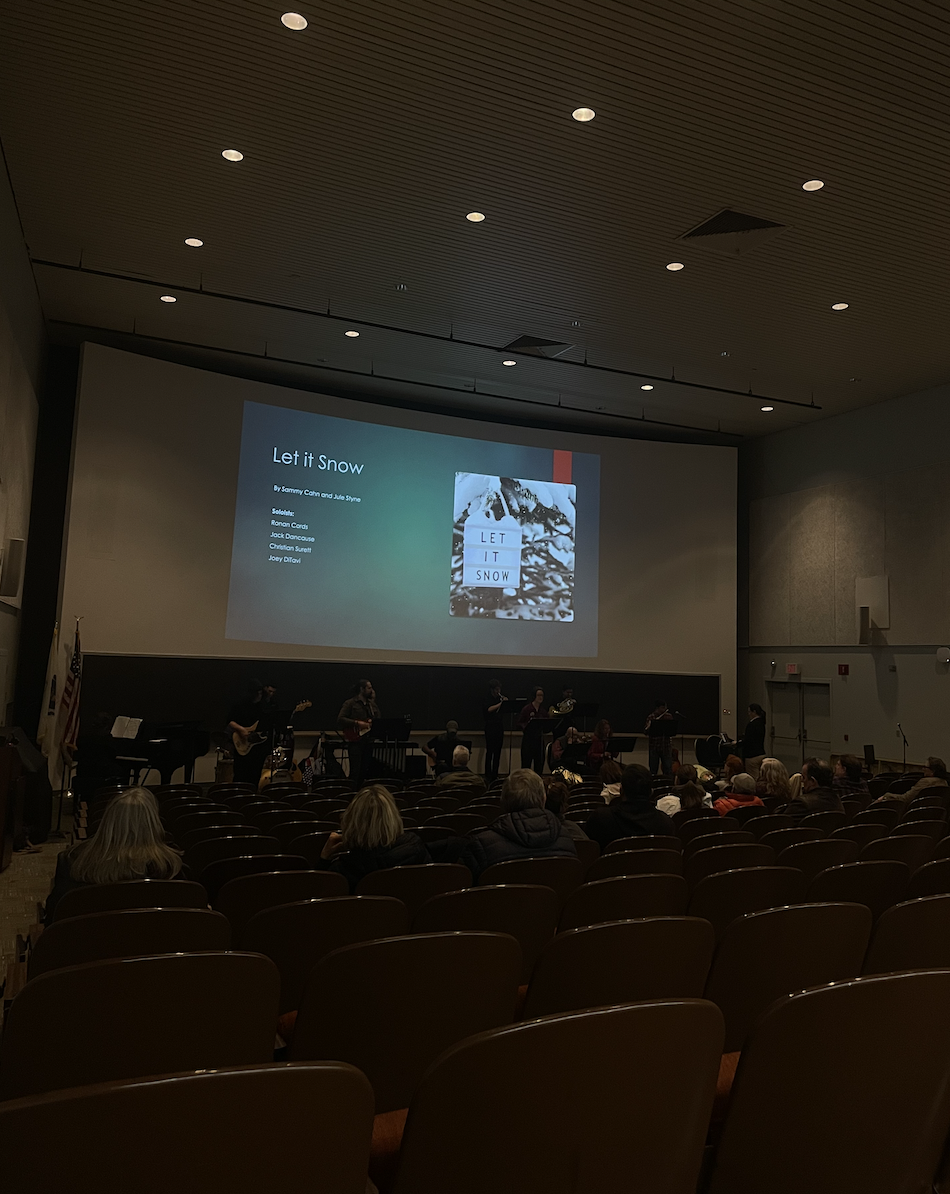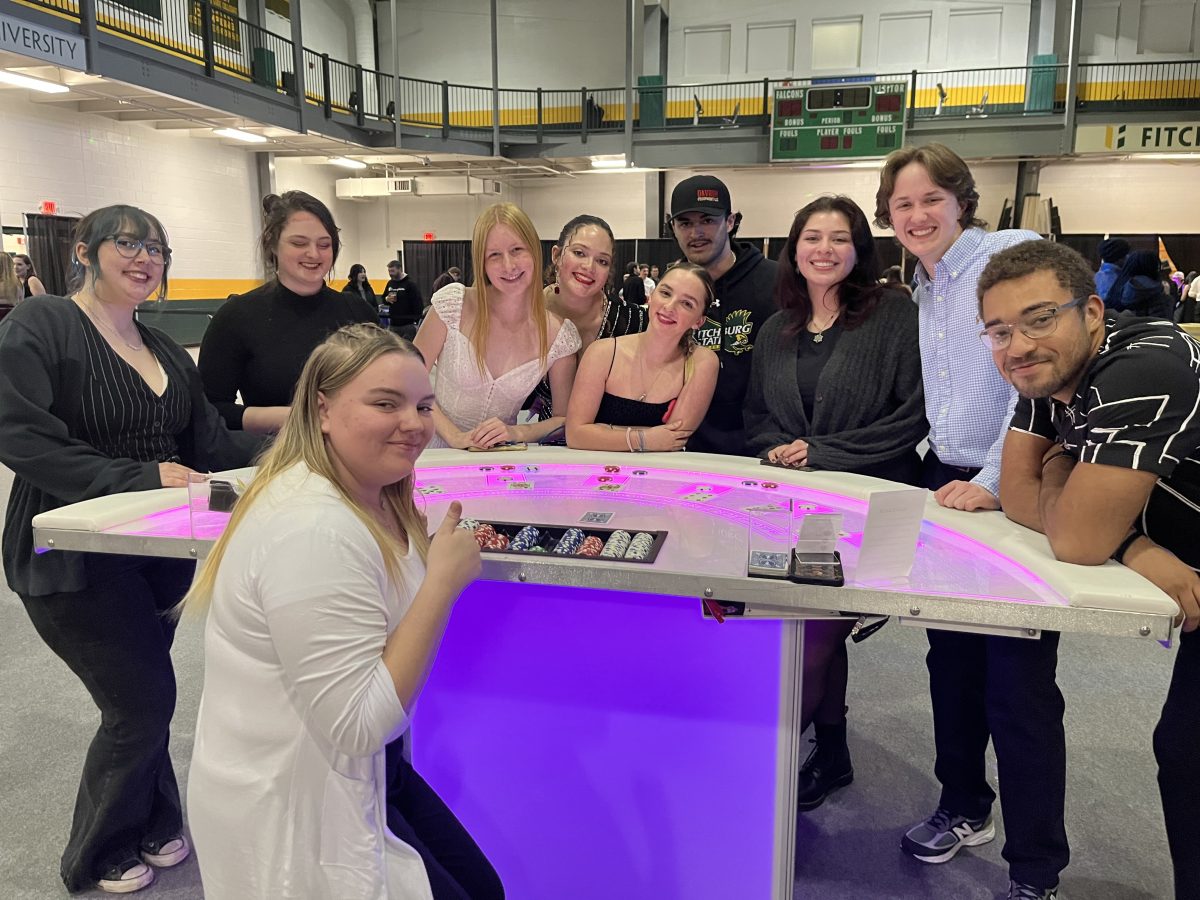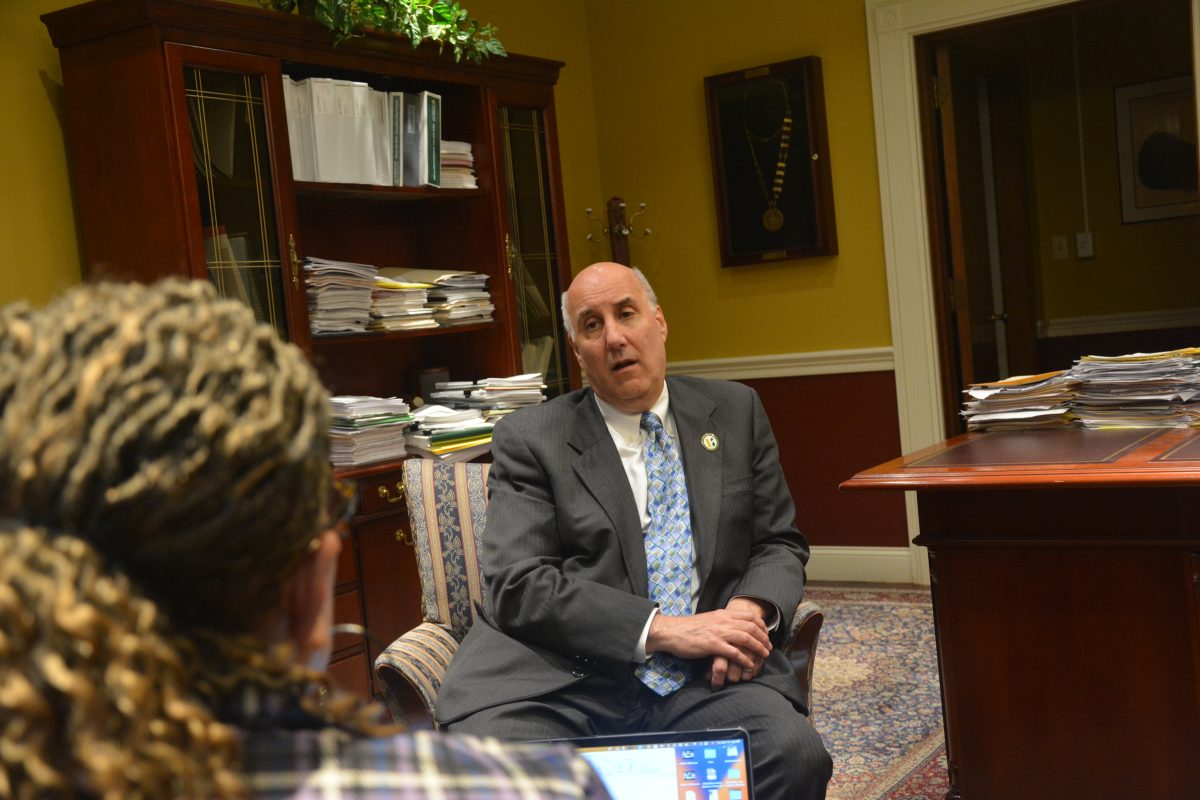 By Tava Hoag
By Tava Hoag
Going green is quite the challenge but it’s not impossible.
Universities everywhere are taking a step in the right direction and incorporating machines and policies to help save the planet and Fitchburg State is on board.
Like other schools this campus needs something that will make it stand out, something that will astonish students and make them think twice about this school. Fitchburg State University needs a vegawatt.
What is a vegawatt you wonder? According to James Peret, Chief Executive Officer of the vegawatt power company, “The vegawatt is a renewable energy source system that can generate electricity and hot water on site by using the waste vegetable cooking oil from fryers as fuel, which is why it smells like French fries when it is being powered.”
If adopted, Peret seems to think that it will make the university more eco-friendly
The system entails no more heating and electricity bills. Sounds too good to be true but Peret says it isn’t.
He has drawn up a cost and installation guide on his website for the system and says that it costs approximately $22,000 to install and doing so is quite simple because the system only requires an experienced electrician and plumber to set it up and connect it to the university’s power system and it’s actually no bigger than a 6ft high by 6ft wide refrigerator.
The system allegedly will bring huge savings. Peret gave FSU their estimated savings if one building on campus was being powered by a vegawatt.
After receiving the measurements and blue print information from capital planning staff members Joseph LoBuono and David Petrucci, Peret estimated that annually the university would be saving $6,756 on electricity and $2,778 annually on water heating costs.
Currently the vegwatt is used to power restaurants around the country, one close to home would be the Finz Restaurant in Boston which was the first restaurant to have a vegawatt installed and used as a power source.
The food industry is typically where these machines are seen but American University in Washington D.C was the first college to power their campus using the vegawatt. This university has a campaign to become entirely green by the year 2020 and by incorporating this system they are well on their way.
By using 9,000 gallons of used cooking oil from the dining hall each week they produce enough energy to power their electricity needs on campus and avoid 40 metric tons of carbon dioxide emissions each year.
Phil Bowers head of Chartwells dining services said, “I think this system is a great idea and would make excellent use of the left over cooking oil that we have but I am not sure that we produce enough vegetable oil to power the entire university, additional oil would have to be brought in to achieve that feat.”
“As of now both Holmes and North Street Bistro produce 40-50 gallons of waste vegetable oil a week which would only be enough to power 1-3 buildings on campus.”
“Not many students or even staff knows what happens to FSU’s used vegetable oil.” Bowers chuckles, “This guy that owns a farm comes every 2 weeks to pick up the oil from the loading zone out back and he uses it to power his tractor.”
According to Peret the vegawatt would be a convenient and terrific way to make use of our waste and reduce the university’s carbon footprint on the earth.
It also can be used as a way to appeal to prospective students. On Friday there were lots of high school students meandering around campus for the math competition, one student Anthony Innamorati a senior from Clinton High school expressed interest in attending a college that was making the effort to go green.
“I think that protecting the environment is very important and so when I look at college campuses I try to pick ones that are making the effort to conserve energy and such.”
Bowers concluded, “Having a vegawatt would definitely help Fitchburg’s campus and the college community and what better way to advertise for it than telling students that by eating they are powering their whole campus because let’s face it there’s no greater source of energy than hungry college students.”
Categories:
Fitchburg State and the challenge of going green
April 30, 2014
0
Tags:
More to Discover






